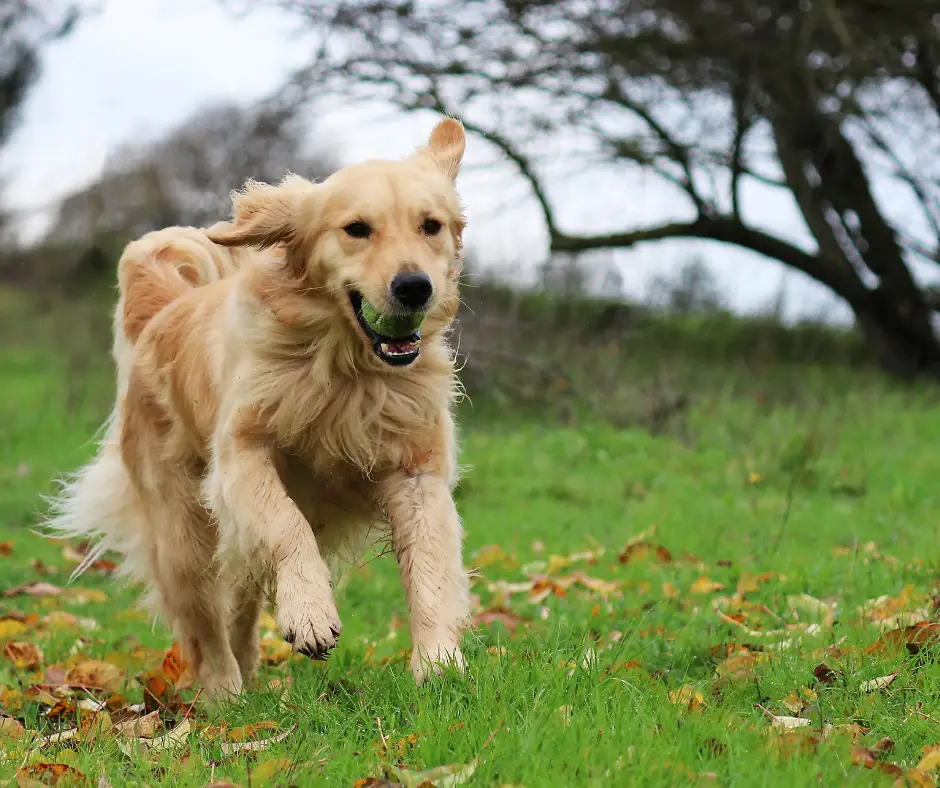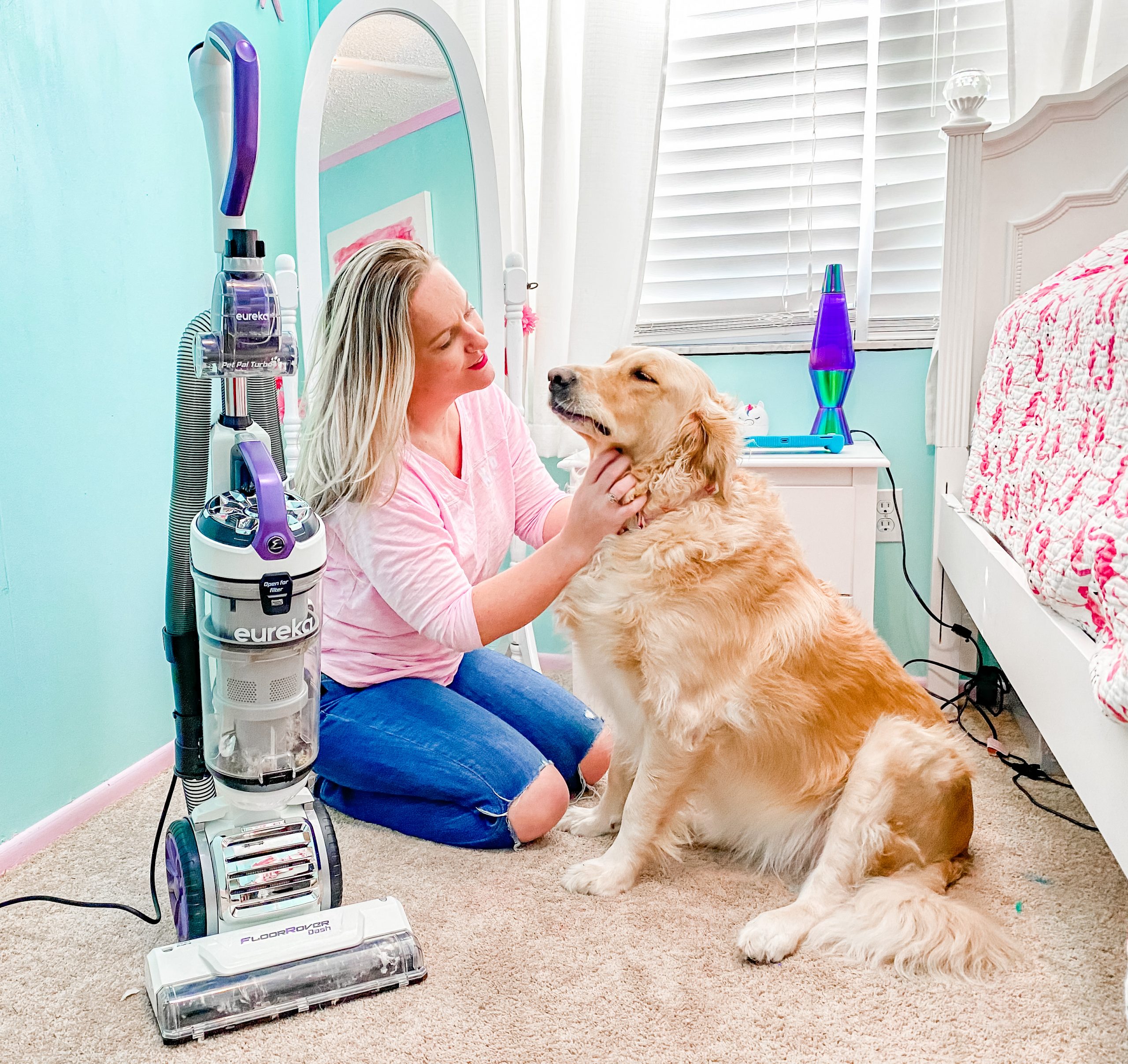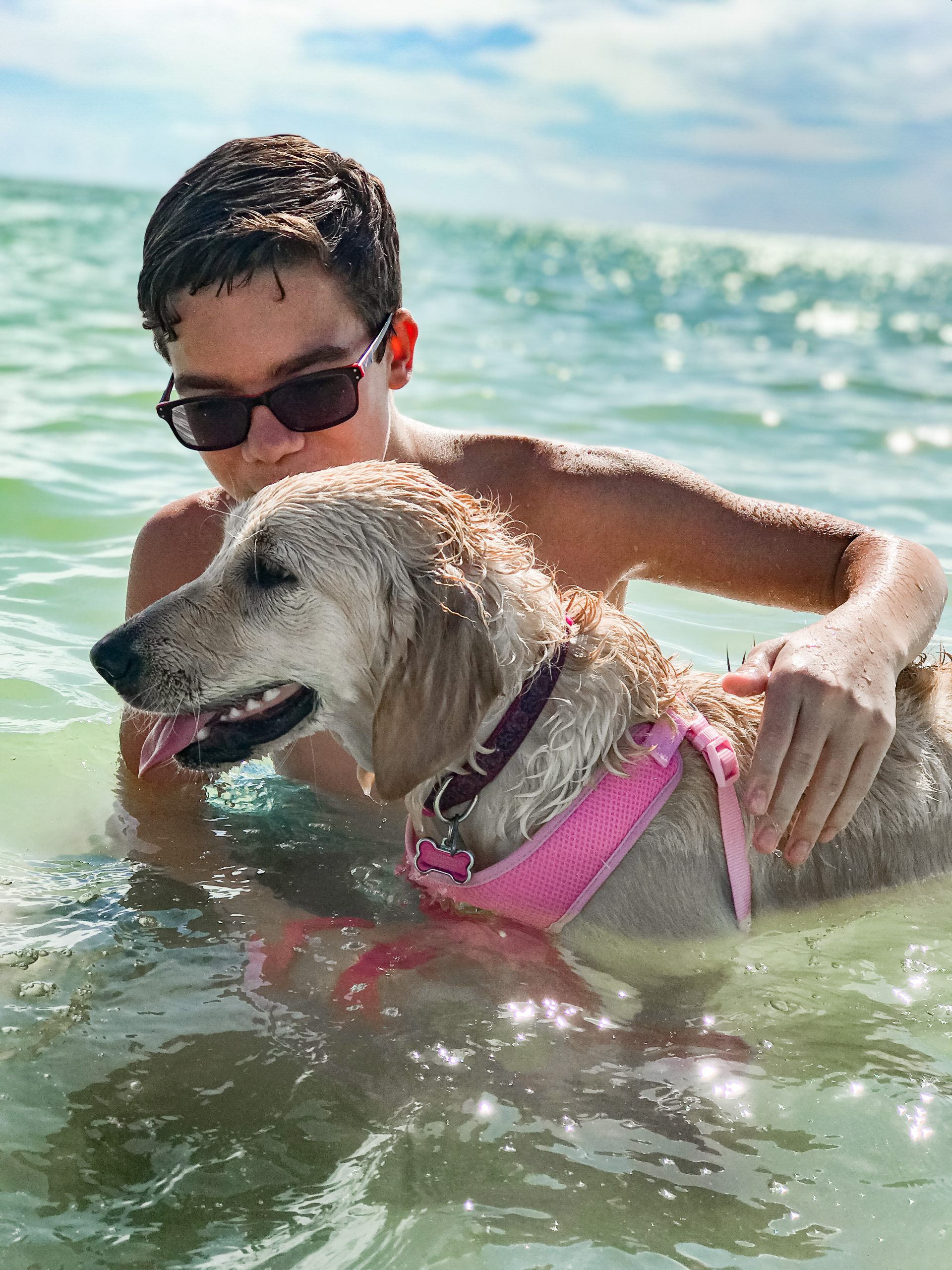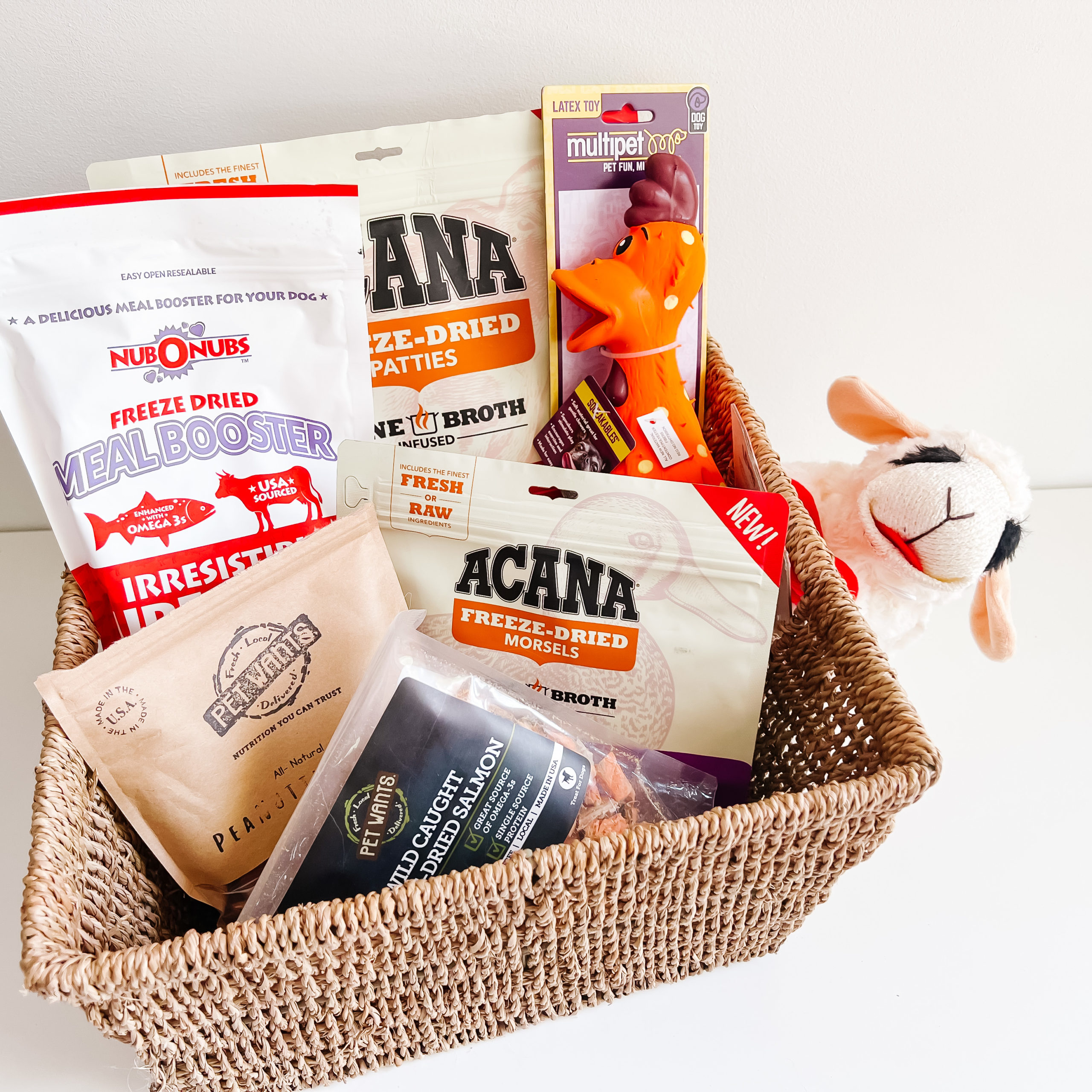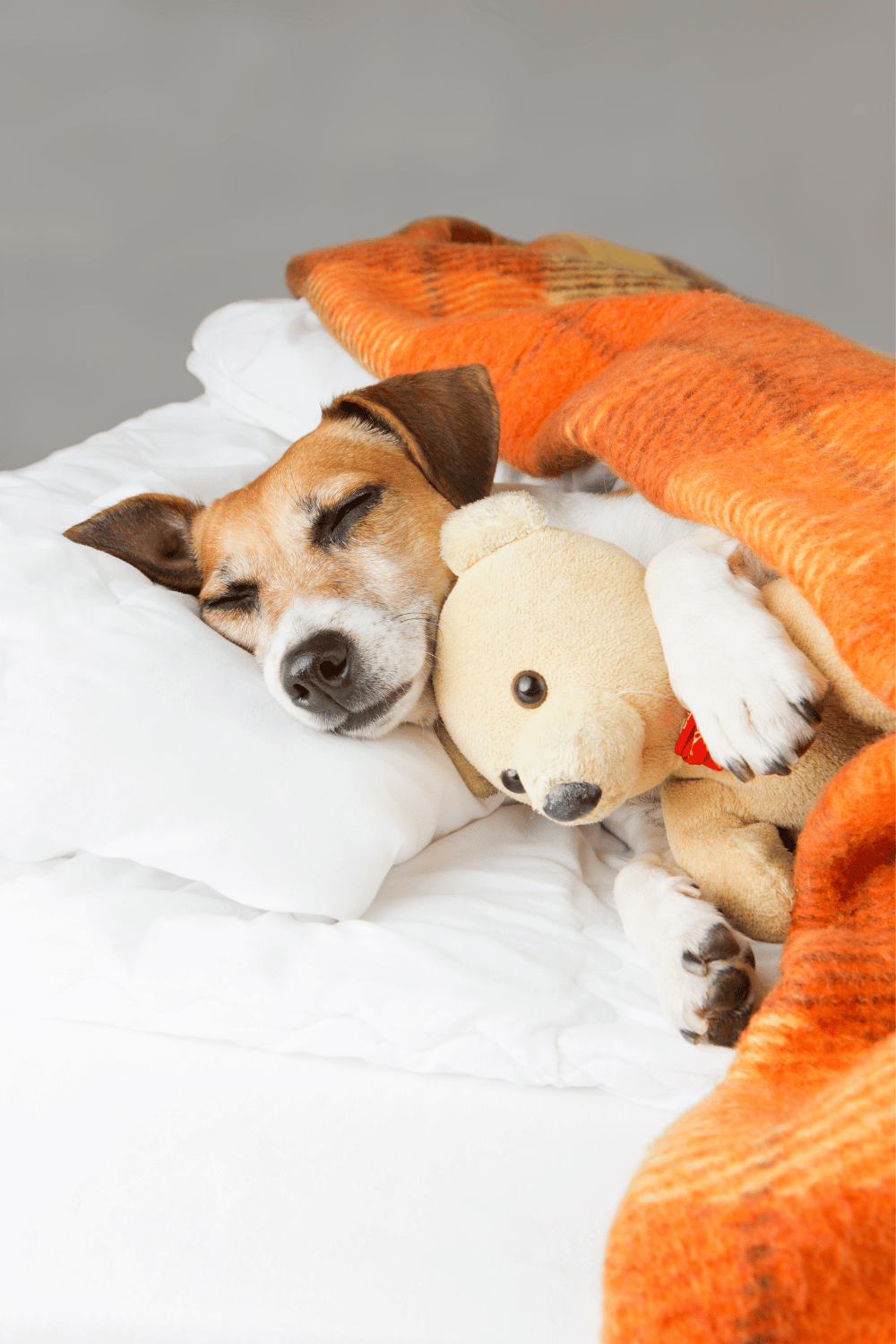7 Essential Dog Care Tips Every Pet Owner Should Know
If you’re a dog lover and have recently welcomed a furry friend into your family, congratulations! Dogs are loyal companions that bring joy, love, and fun to our lives. However, owning a dog comes with great responsibility. Proper dog care is crucial to ensure your pet’s health and happiness. It’s your responsibility as a pet owner to provide your furry friend with all they require to thrive, from feeding and exercise to grooming and medical treatment. Below, we will discuss important dog care advice that every pet owner should be aware of. So, let’s dive in and learn how to be the best pet parent possible!
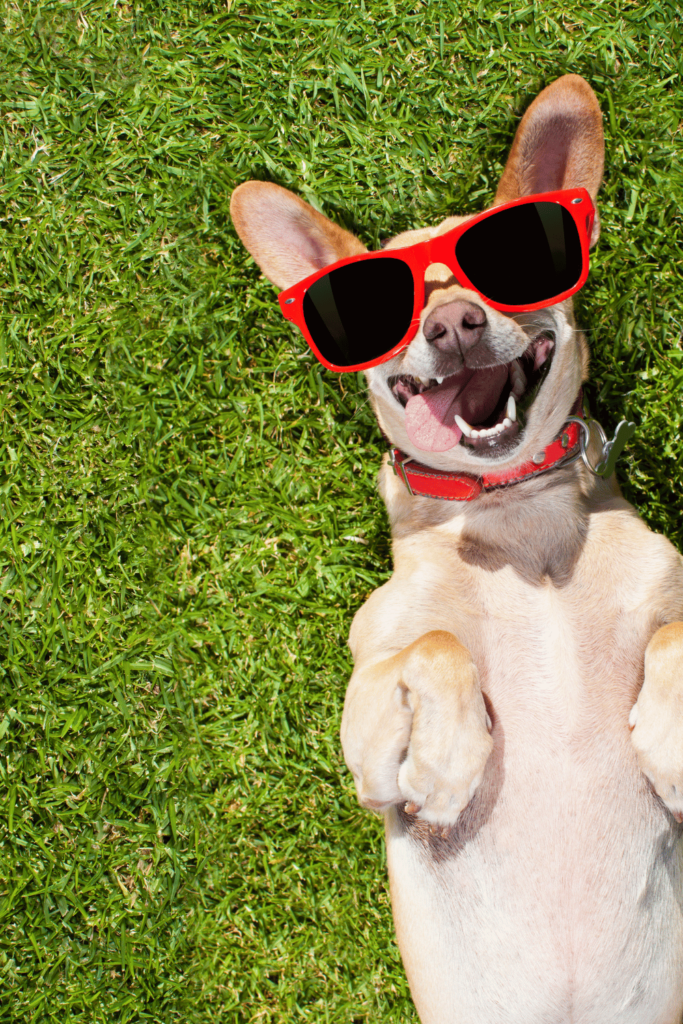
Nutrition
Nutritious food is crucial for your dog’s overall well-being and health since it strengthens their immune system, provides energy, and aids in maintaining a healthy weight. Companies like Royal Canin provide wholesome dog food that gives your pet a healthy start in life. To help you started, here are some basic guidelines for feeding your dog:
- Choose high-quality dog food.
- Follow the recommended serving size.
- Avoid giving your dog human food.
- Provide fresh water at all times.
- Consider your dog’s age and health conditions.
Exercise And Playtime
Exercise and playtime are key for your dog’s overall well-being. Exercise takes care of your furry friend’s physical health since it aids in weight control, muscle building, and cardiovascular health. At the same time, playtime provides mental stimulation and helps to prevent boredom and destructive behavior.
Dogs need at least 30 to 45 minutes of activity every day, which can include walks, runs, and plays in the backyard or park. When it comes to playtime, toys, such as balls and chew toys, provide mental stimulation and can help to prevent destructive behavior. Additionally, interactive toys, such as puzzle feeders, can provide mental stimulation and help prevent boredom.
Grooming
Brushing your dog’s coat helps to remove loose hair, dirt, and debris. It also helps to distribute natural oils throughout their coat, which helps to keep their skin and coat healthy. The frequency of brushing depends on your dog’s coat type. Dogs with thicker coats, for example, should really be brushed at least once a week, whereas dogs with shorter hair can be brushed every few weeks.
Bathing your dog helps to remove dirt and odors from their coat. However, over-bathing can strip their coat of natural oils, which can cause dry skin and irritation. The frequency of bathing depends on your dog’s activity level and coat type. Generally, dogs should be bathed every one to three months.
Pain Management
Dogs can experience pain just like humans. However, unlike humans, dogs cannot communicate their pain as well as we can. The symptoms of pain in dogs might include limping, reluctance to exercise or play, whimpering, and behavioral changes. As a pet owner, it’s vital to be aware of these symptoms and get veterinarian assistance if necessary, as there are numerous reasons, such as arthritis, injuries, and illnesses, that can contribute to this pain. Consider the assistance of goods such as those supplied by Mighty Munch in your attempts to support your pet’s well-being, as they provide a variety of supplements and solutions meant to boost your pet’s health and reduce pain, whether it’s joint pain, muscular discomfort, or other forms of uneasiness.
There are several ways to manage pain in dogs. Typically, pain medication can be prescribed by your veterinarian. Additionally, alternative methods such as natural pain relief for dogs are also a popular choice as it is typically more gentle on their digestive systems than strong prescription medicines. To learn more about natural pain relief for dogs, head over to Native Pet and check out their expert advice.
Dental Care
Pet owners occasionally overlook dental care, but it’s vital for your dog’s overall health since poor oral health can cause discomfort, infection, and even heart disease. Regular dental cleanings are important for your dog’s dental health. Your veterinarian can perform dental cleanings, which involve scaling and polishing the teeth. Additionally, regular brushing at home can help to prevent the build-up of plaque and tartar.
Veterinary Check-Ups
Regular veterinary check-ups are important for your dog’s health. Your vet can help catch health problems early and recommend preventative measures to keep your dog healthy. Here are some tips for scheduling veterinary check-ups:
- Schedule annual check-ups: Dogs should see their veterinarian at least once a year.
- Vaccinations: Make sure your dog has all of their vaccines and stays up to date.
- Contact your vet regarding preventive services: To keep your dog healthy, your veterinarian can offer preventative treatments such as flea and tick medications, as well as advise you on how to apply these medications correctly at home.
- Take the initiative: If you observe any changes in your dog’s demeanor or well-being, contact your veterinarian at once.
Additionally, if your furry friend is facing health challenges like liver disease, it’s crucial to consult your veterinarian for guidance on a suitable diet. You can find helpful information on crafting a tailored dog diet for liver disease at chidog.com.
Training And Socialization
Training helps to establish boundaries and rules, and socialization helps to prevent behavioral problems and anxiety.
Training ought to commence as soon as possible, preferably when your dog is a puppy, but it can begin at any age as it will always have a positive impact on your pooch. To get started in establishing good behavior and preventing bad habits, you can begin with basic obedience training, such as sit, stay, and come.
Socialization is also essential for your dog’s overall well-being. Socialization comprises of exposing your dog to new people and situations, such as other dogs, children, and new locations, in order to reduce fear and anxiety and promote good behavior.
It’s essential to provide positive reinforcement during training and socialization by rewarding good behavior with treats, praise, and affection. Punishing bad behavior can lead to fear and anxiety and make training more difficult.

